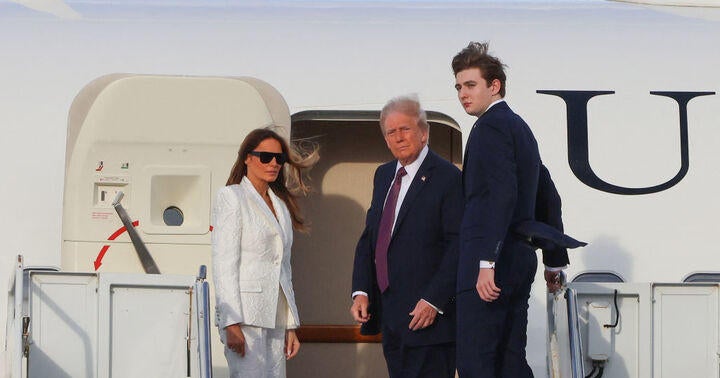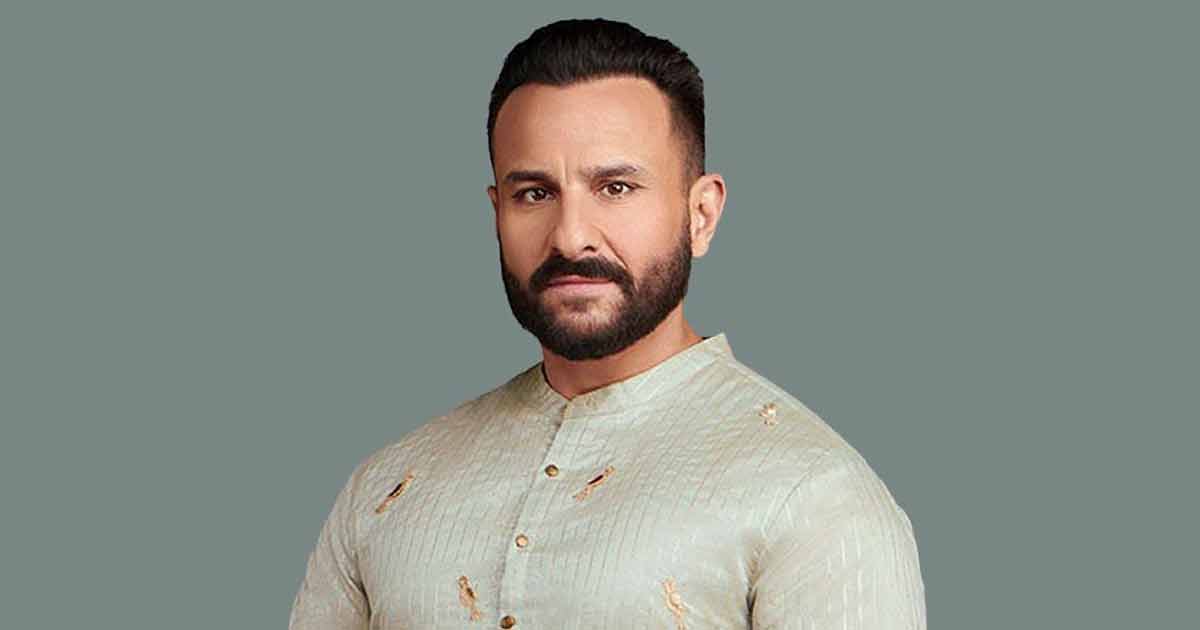Palestinian lives are as important as Jewish ones, US Secretary of State Antony Blinken stated at the World Economic Forum in Davos, Switzerland, when quizzed on the matter by veteran journalist Thomas Friedman.
“Do Jewish lives matter more than Palestinian and Muslim and Christian lives, given the incredible asymmetry in [civilian] casualties” in the Gaza war, Friedman said.
Blinken quickly replied: “No.”He then expanded on the answer, stressing that “for me and for so many of us, what we are seeing every single day in Gaza is gut-wrenching. The suffering we are seeing among innocent men and children breaks my heart. The question is: what is to be done?”
US efforts to provide aid to Gazans
The Biden administration has been harshly criticized for not forcing Israel to halt the Gaza war in light of Hamas assertions that over 24,000 Palestinians have been killed in Gaza war-related violence. Israel has claimed that 9,000 of those fatalities have been combatants.
Blinken spoke of US efforts to reduce Palestinian casualties and increase humanitarian assistance to Gaza. “But that in no way, shape, or form takes away from the tragedy we have seen and continue to see.
“All I can tell you on a purely human level is it is devastating, but it reinforces the conviction to do everything we can in this moment to try and make a difference in the day and day out,” as well as to arrive at a larger resolution for Israel’s conflict with the Palestinians the Middle East.
“There has to be another way that answers Israel’s most profound concerns and questions,” Blinken said.
Israel can’t allow for another attack like the one executed against it by Hamas, Blinken said, as he referenced the incident that sparked the Gaza war in which 1,200 people were killed in southern Israel, and another 250 were seized as hostages, of which some 136 remain in captivity.
“It’s hard to overstate the psychological impact on the country as a whole of what happened on that day,” he said.Outside of Israel, there are large portions of the international community that do not believe that October 7 happened, “that Hamas slaughtered men, women, and children, that it executed parents in front of their kids, that it executed kids in front of their parents, that it burned families alive. They do not believe it,” Blinken said.
Challenges in creating a two-state solution
The biggest challenge is dehumanization, “the inability to see the humanity in the other,” and when that happens, “you get so hardened that you’re willing to do and accept things that you wouldn’t if the humanity of the other was front and center in your consciousness,” Blinken said.
What is needed is leaders who understand this and are prepared to act on it, he stated.
He spoke of the importance of that leadership in preparing Palestinian, Arab, and Israeli society for a regional resolution that would lead to peace, such as Israeli normalization including with Saudi Arabia and Palestinian statehood.
“When in previous times we came close to resolving the Palestinian question, getting a Palestinian state, the view then, Camp David, other places, was that Arab leaders, Palestinians leaders had not done enough to prepare their own people for this profound change,” Blinken said on Thursday.
Now, one also has to ask if “Israeli society prepared to engage on these questions, is it prepared to have that mindset, that is challenging,” Blinken explained.
“It is doubly challenging when you are focused intently on Gaza and all the security questions that are the day-in and day-out life for Israelis and Palestinians alike,” he stated.
The US administration has been clear, including in Davos, that it is pursuing Israeli regional normalization, including with Saudi Arabia, alongside a pathway to Palestinian statehood. “You now have something that you did not have before, and that is, Arab countries and Muslim countries, even beyond the region, that are prepared to have a relationship with Israel in terms of its integration, its normalization, its security that they were never prepared to have before,” Blinken said. “But you have an absolute conviction by those countries, one that we share, that this has to include a pathway to a Palestinian state,” he said.To that end as well, there has to be a stronger and reformed Palestinian Authority, Blinken stressed.
The challenge is getting to the point where these opportunities can be actualized, Blinken said, adding that he believed that this new reality of Middle East regional normalization with Israel and Palestinian statehood must happen now.“We are in the midst of human tragedy in so many ways… for Israelis and Palestinians alike, I feel the fierce urgency of now. Seeing if we can start the move to this different vision, to this different equation, to this different integration that has to begin as quickly possible,” Blinken said.
In an interview he gave to CNBC while in Davos on Tuesday, Blinken said that the reconstruction of Gaza after the war was also tied to Palestinian statehood, warning that Arab countries would not want to rebuild the enclave only to have it bombed one more time.
On Wednesday, Palestine Investment Fund Chairman Mohammed Mustafa said that it would cost at least $15 billion to rebuild and repair homes in Gaza destroyed by the war.
Figures released by the Hamas-run media office in Gaza show more than 360,000 housing units have sustained severe or partial damage, and more than 70,000 have been completely destroyed. Assuming 150,000 of these would need to be rebuilt at an average cost of $100,000 per unit, “that’s $15 billion for housing units,” Mustafa told the Davos forum.
“We still didn’t talk about infrastructure, we didn’t talk about the hospitals that were damaged, the grids…,” he said.
The Palestinian leadership would, in the short-term, continue to focus on humanitarian aid, including food and water, but eventually, the focus would shift to reconstruction, he explained.
“If the war in Gaza continues, more people are likely to die of hunger or famine than war,” Mustafa said.
The first steps should be to bring food, medicine, water, and electricity back to the besieged enclave, he added.
On Tuesday, US National Security Advisor Jake Sullivan told the Davos forum he believed that a Saudi deal and the path to Palestinian statehood could occur in the near future.
“We are actively pursuing a path to normalization and integration with our regional partners,” he told the Forum on Tuesday.
“It is not impractical, it can be done, the pieces are there to be put together to achieve this outcome and not years down the road but in the nearer term,” Sullivan said.
Sullivan said that before the October 7 attack on Israel’s southern border communities with Gaza, the US was focused on diplomatic efforts that would lead to a two-state resolution to the conflict, particularly through its push for a deal with Saudi Arabia that would have included normalized ties with Israel.
“A central diplomatic initiative of the Biden administration was to try to generate normalization and, as a critical element of a normalization package, generate both tangible benefits for the Palestinian people and a political horizon for two states,” Sullivan explained.
“It was our judgment that was going to be the most viable pathway to make progress on what had been an intractable problem. “Going through a direct round of negotiations was not going to do it,” Sullivan explained. He described how earlier last year, in 2023, he went to Ramallah and sat “with President Abbas and talked through this plan, long before October 7 took place.”
“The strategy post-October 7 does not deviate very much from that, we still want to see normalization tied to a political horizon for the Palestinian people,” he said.
“The current Israeli government has expressed quite strong views publicly about the Palestinian question. There are elements and voices in that government that the US government has come out quite strongly and criticized for certain statements and stances they have taken,” Sullivan explained.
“Ultimately, the Israeli government will have to make its choice about how best to guarantee and ensure the security of the state of Israel. It is US President Joe Biden’s firm conviction that the best way to do that is two states with an Israeli security guarantee,” he said.
When Biden and Prime Minister Benjamin Netanyahu spoke in the weeks and months leading up to October 7, the Palestinian question was a key topic of discussion, Sullivan explained.






